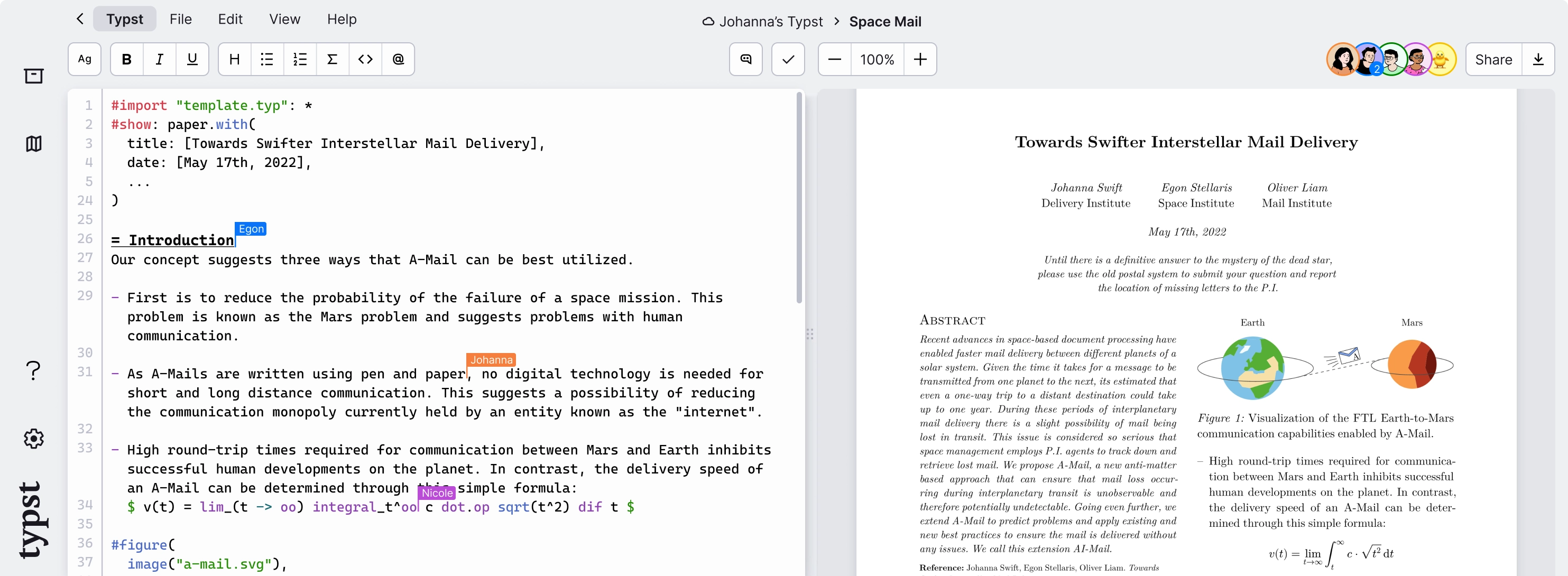Hey people! I want to learn typst, a modern alternative to LaTeX written in Rust.

Typst can incrementally compile the files to PDF.
Ironically, there is no incrementally refreshing PDF viewer afaik. So for direct visual output of my progress, I would like the fastest, smoothest PDF viewer.
- Firefox loads too slow
- Okular fast (thanks for the tips guys), just flickering scrollbar and background icon
It can be as small and minimal for that task as possible.
Priorities:
- No flicker (no text re-alignment, no disappearing scroll bars, no changing UI)
- Fast refresh
- Smooth text refresh (maybe with a fade in)
- Generally solid
To test:
- evince / GNOME Document viewer
- atril
- mupdf
- zathura
- gv
Barebones:
Somehow monitor for changes
- pipdf (GTK4, but unmaintained)
- pdf_render (very minimal, maintained)
- pdf2pwg (needs
cargo addandcargo build, only A4 pages which seems totally sufficient) - pdf_renderer (security focused, pure Rust, may crash, incomplete)


Yeah, that is likely the best way when you are more knowledgeable, but currently I would explore how to do everything with direct feedback.
Oh yes, same for me if I’m positioning an image or making a table, I compile to double check every little edit to the code :) I just mostly have plain old text so no surprises.
Same. I really need to learn typst, it is very cool.
Markdown is kinda useless, because
I started with LaTeX back in the day, but it was too hacky and complex, so I went to ConTeXt, which felt more consistent and planned out. Then I did OpTeX for a while and eventually I picked up the TeXbook by Knuth and it all just started to make sense to me. So now I use plain TeX with my own macro file to fill the gaps in functionality, I implemented colour support and picture support and small macros that I needed. I am very much into grid typesetting, so I need to know where all the vertical material comes from. There are areas that still scare me, like modifying the output routine or several \expandafter in a row, but usually that’s not needed. With plain TeX I can know every detail of the code down to the primitives. Of course this is possible in LaTeX too, but, there’s just a lot of code, layer upon layer, and I’m not smart enough to keep all that in my head.